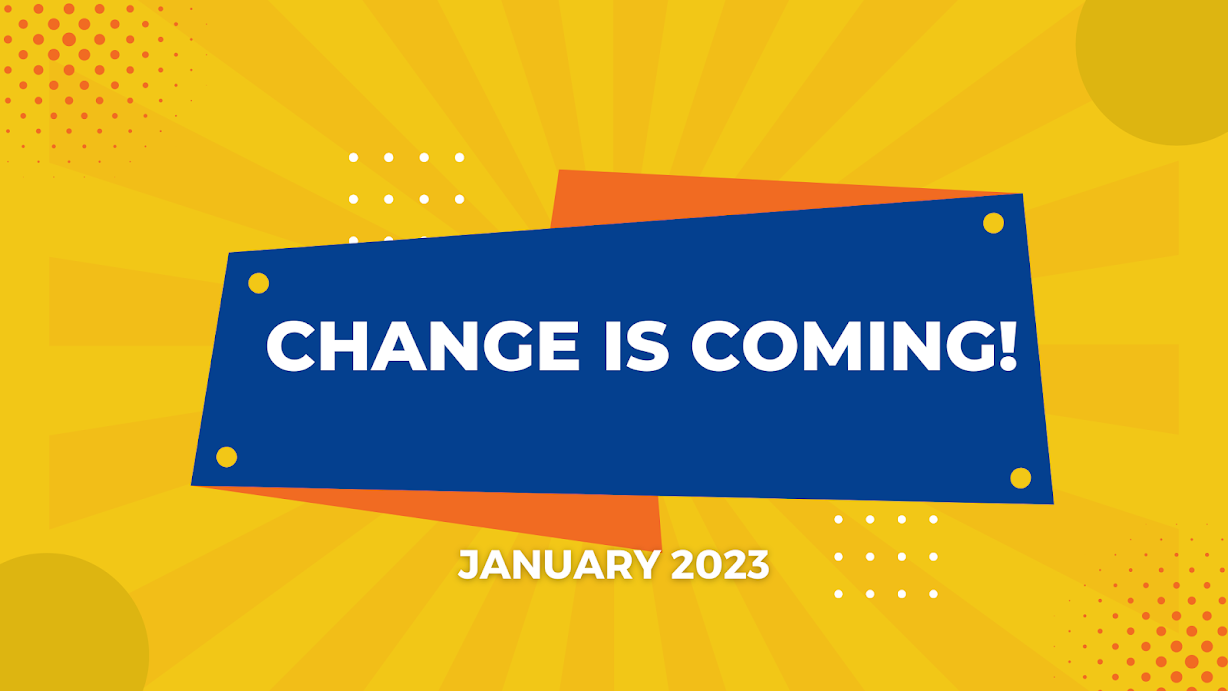Kidney transplant athlete to inspire other patients on road to recovery
NICHOLAS MCBRIDE December 9, 2016 Click to see article as it appeared.
NICHOLAS MCBRIDE December 9, 2016 Click to see article as it appeared.
Kidney transplant patient Matthew Field, left, at Soldier Field, Chicago, during the All Blacks vs. Ireland rugby game in November. Field was on the of the World Transplant Games Federation ambassadors introduced during halftime.
A man whose life turned around when his sister donated him a kidney now hopes to inspire others.
Matthew Field, 29, spent three years waiting for a kidney, when a transplant from his sister Ruth gave him a new lease on life.
 |
| Murray Wilson/Fairfax NZ |
The Palmerston North man went over to compete in September and he came back with six golds.
He is now hoping to inspire others to glory as an ambassador for the World Transplant Games Federation.
Field was selected as one of the 12 people in the world to become the first ever Fit for Life ambassadors.
The ambassadors were officially launched at the All Blacks versus Ireland rugby match in Chicago during halftime.
"It just hit you."
Field will cover all of New Zealand and all manner of transplants.
He will be tasked with finding other transplant patients and helping them be more active, while also raising awareness for organ donation.
It was a bit daunting prospect, but one he relished.
Hopefully it can boost people's quality of life and make people more aware of organ donation. It is proven that exercise helps the organs last longer."
Having been through a transplant himself, Field hoped his experience would relate to others and guide their exercise. For the most part, it was common sense, he said.
Though he had been active before he went on dialysis, post transplant meant starting from scratch.
"It was pretty hard at the start, but every transplant patient is going to have problems early on."
Field said it was a mix of being careful but seeing how far you could push yourself.
Eventually he began to become more and more stable.
For him, overcoming the social anxieties had been another barrier. "Just having the confidence to get back into it."
Being an ambassador was a chance for him to share those experiences with others and hopefully help and inspire some along the way, he said.
Having been through a transplant himself, Field hoped his experience would relate to others and guide their exercise. For the most part, it was common sense, he said.
Though he had been active before he went on dialysis, post transplant meant starting from scratch.
"It was pretty hard at the start, but every transplant patient is going to have problems early on."
Field said it was a mix of being careful but seeing how far you could push yourself.
Eventually he began to become more and more stable.
For him, overcoming the social anxieties had been another barrier. "Just having the confidence to get back into it."
Being an ambassador was a chance for him to share those experiences with others and hopefully help and inspire some along the way, he said.
What about you? Do you know any living donors? Want to recognize their efforts? Let me know. I'd love to include a post about them.




